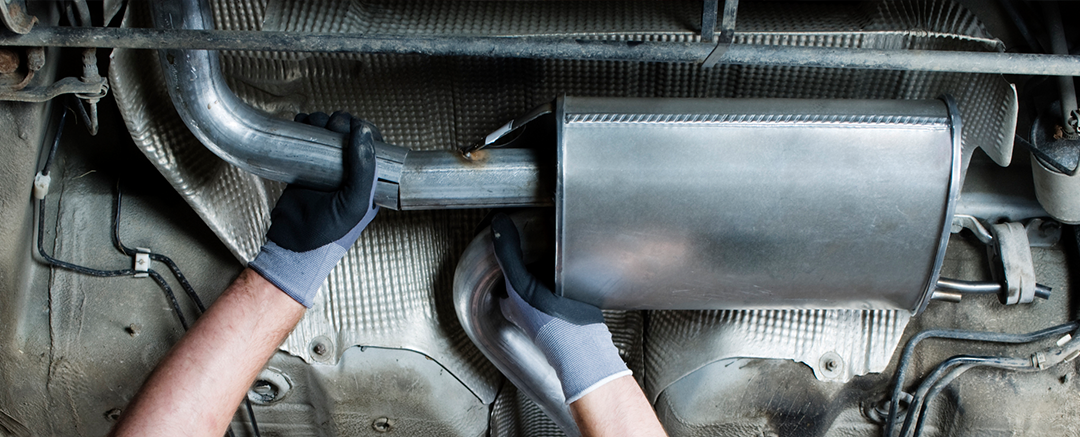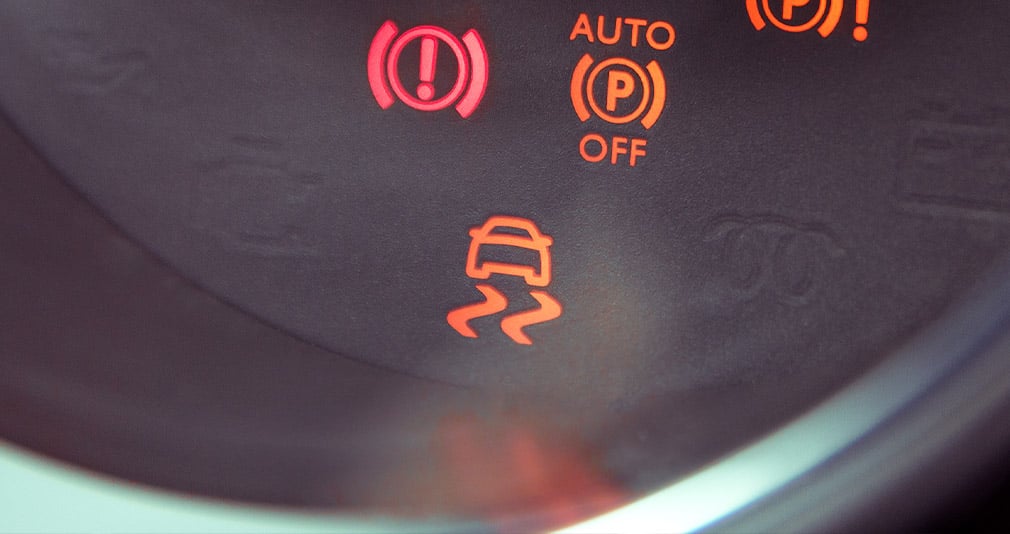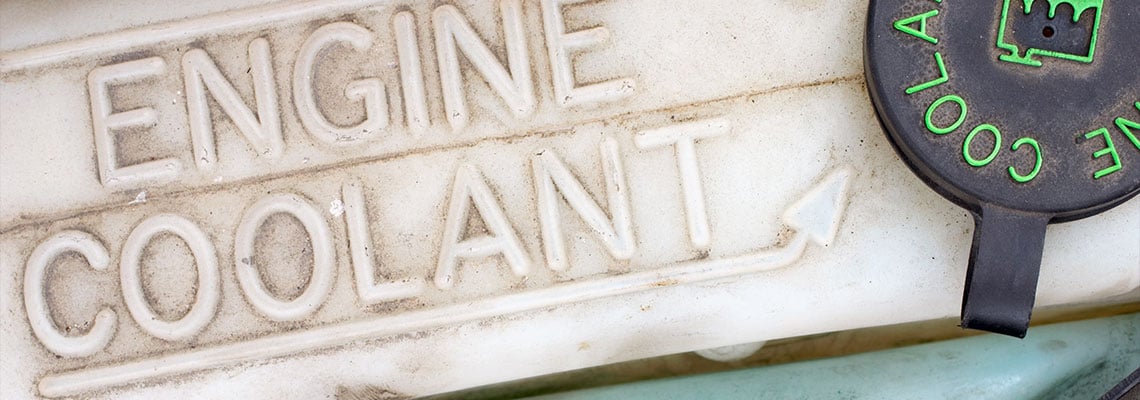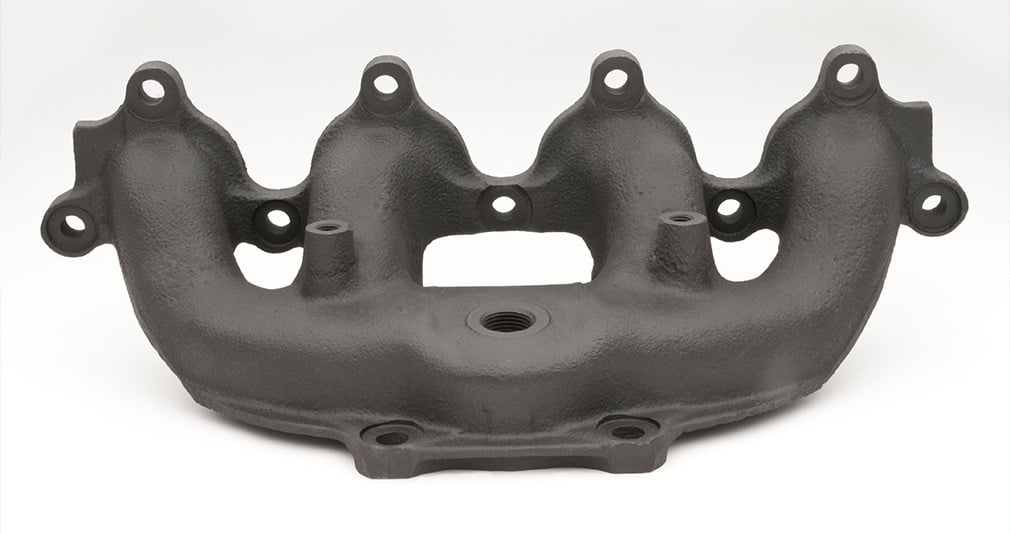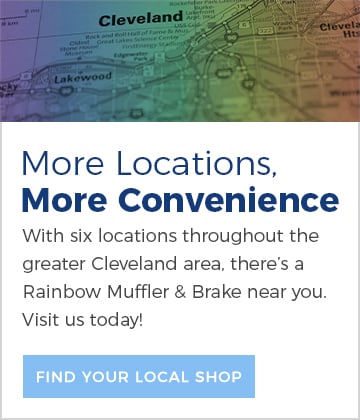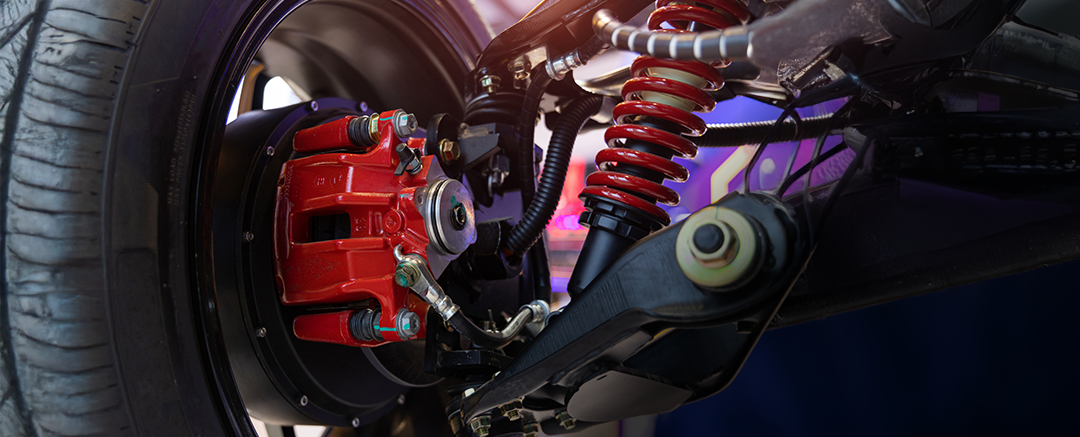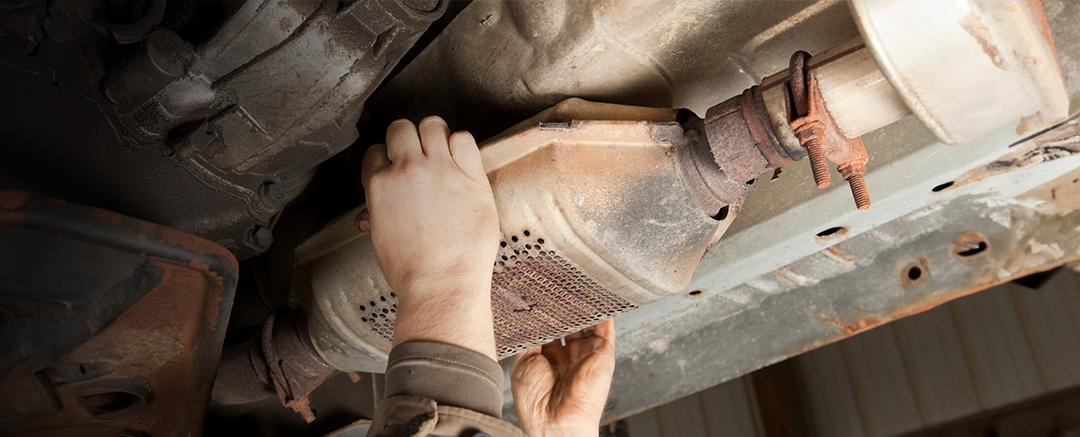If you’ve ever had muffler trouble (or driven behind someone who has), you know what an essential piece of equipment your car’s muffler is. Without it, your car would be loud and inefficient. Your muffler is also designed to balance backpressure within the exhaust system, allowing for a smooth and efficient ride.
Your car’s factory-supplied muffler (meaning it’s from the original equipment manufacturer, or OEM) does a decent job of keeping your car quiet and optimizing performance. But in some cases, you may want to enhance your exhaust system with a more customized or specialty muffler.
Keep reading for a closer look at aftermarket mufflers, the pros and cons, and everything you need to know if you’re looking to install one.
What Is an Aftermarket Muffler?
An aftermarket muffler is any muffler not produced by the OEM. It is designed to replace the factory-installed muffler to enhance the performance, sound or quality of the exhaust system.
Types of Aftermarket Mufflers
Aftermarket mufflers come in various types based on their use and the performance goals of the driver. A few common types include:
Chambered muffler. A chambered muffler is the most common muffler type and is ideal for balancing performance with good sound reduction.
Turbo muffler. Turbo mufflers have an S-shaped path that the gas moves through for a quieter, yet more restricted, flow.
Straight-through muffler. Sometimes called a glass pack muffler or a cherry bomb, straight-through mufflers have a single, perforated tube for less restriction and more noise.
Benefits of Aftermarket Mufflers
For the average driver, an OEM muffler may work just fine. But for those craving a specific sound, custom options have some unique benefits.
Improved performance. A custom muffler and exhaust system can help your car run more efficiently by reducing backpressure and increasing exhaust flow. A common way to do this is by adjusting how an exhaust pipe bends. The OEM pipe usually comes bent in a crush style, which means the pipe is crimped at the bending point, leading to a restricted gas flow.
Aftermarket mufflers come in various bend configurations and can be customized to maintain a consistent diameter throughout, allowing for a smoother flow. This can result in more horsepower and torque, giving your vehicle a noticeable boost in power.
Custom sound. The purpose of an OEM muffler is to dampen sound. Some aftermarket options can give you an even quieter ride, while others amplify sound. The type you choose depends on what you want from your ride.
The sound (or lack thereof) you get from an aftermarket muffler is determined by the shape and what’s inside.
- Chamber mufflers do a good job of damping sound but can also be tuned to produce a deep, rumbling sound.
- Straight-through mufflers are louder and more aggressive, as the air and sound don’t have a series of chambers to bounce around before exiting the vehicle.
- The s-shape of a turbo muffler, along with perforated tubes and packing material, absorbs sound, making the turbo fairly effective at deadening exhaust noise.
Reduced engine wear. A more efficient muffler can help keep your engine healthy longer by keeping the exhaust out of the engine flowing more quickly.
Better fuel efficiency. When gas flows better, your car doesn’t have to work as hard to run.
Durability. Custom exhaust systems can be made from higher-quality materials, increasing their longevity and durability.
Aesthetics. Whether you want a chrome or matte finish, a single or dual exhaust setup, or even a flame- or heart-shaped tip design, an aftermarket muffler can give you the look you want.
Drawbacks of Aftermarket Mufflers
Installing an aftermarket muffler may be a fit for some consumers, but there are things to consider before you jump in.
Reduce fuel efficiency. While a properly designed and tuned muffler can help you get better gas mileage, an aftermarket product built purely for sound or power may actually cut down on your fuel efficiency. Consult with an expert mechanic to ensure the muffler you choose is the right size for your vehicle and that your engine is properly tuned to the new part.
Noise issues. Many cities, including Cleveland, have ordinances around noise that require mufflers on all motor vehicles. Cleveland’s ordinance also includes guidelines for modifications, including aftermarket muffler installation, that state, “No person shall modify the exhaust system of a motor vehicle in a manner which will amplify or increase the noise or sound emitted by the motor of the vehicle in excess of that emitted by the muffler originally installed on the vehicle.”
Check with your mechanic to ensure the aftermarket muffler you install falls within these guidelines.
Frequently Asked Questions
Are aftermarket mufflers illegal?
Aftermarket mufflers may be illegal if they violate regulations around noise or emissions. In Cleveland, passenger cars cannot exceed 70 decibels when traveling at 35 miles per hour or below or 79 decibels when traveling more than 35 miles per hour. Mufflers are also not allowed to have cutouts, by-passes or similar devices, or emit excessive smoke, exhaust or flames of any kind.
Will installing an aftermarket muffler void my warranty?
No. The Magnuson-Moss Warranty Act of 1975 generally prevents manufacturers from automatically voiding a vehicle's warranty due to installing aftermarket parts, including mufflers, unless the part directly causes a failure.
How much does an aftermarket muffler cost?
Several factors influence the cost of a custom exhaust system, including the style, brand and quality of the muffler you choose. Low-end mufflers start around $20, while high-quality brands can be $500 or more.
How do I know what exhaust fits my car?
Mufflers are one part of your car’s exhaust system. Customizing the exhaust is a specialized service best left to qualified and experienced shops. Your technician will help you determine the right specifications and exhaust type to fit your car and give you the best performance possible.

